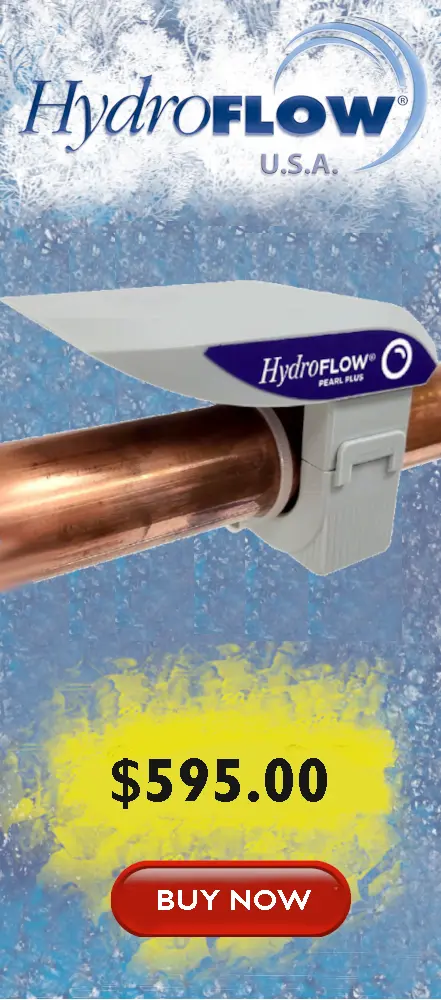South Carolina
Water Quality in the State of South Carolina
South Carolina is known for it's subtropical beaches, marsh-like sea islands, golf courses (300 golf courses in the state), and historic districts. South Carolina is the 40th largest state in the USA and the 23rd in population. South Carolina residents get their water supply from wells, rivers and lakes. In South Carolina, about 80 percent of public water systems use surface water as their source of drinking water and about 20 percent use groundwater or private wells.
Water Hardness by City
South Carolina water hardness is considered very low, with an average water hardness of 25 PPM. Charleston, the most populous South Carolina city, has a water hardness level of 29 PPM. Colombia the state capital, has 11 PPM, which according to USGS water hardness measures is very soft.
For more information on water hardness in specific cities, please see the table below.
PPM = Parts Per Million
mg/L = Milligrams Per Liter
gpg = Grains Per Gallon
Manufacturing and Water Hardness
South Carolina is home to successful and advanced companies in the aerospace, agribusiness, automotive, manufacturing and technology industries. With an annual economic impact of more than $88 billion in revenue for the state of South Carolina.
Product processing in most manufacturing plants requires water. Cooling towers and HVAC are imperative to keeping operations running smoothly. Water hardness levels in some manufacturing plants can be as high as 300 PPM; with water hardness levels this high, manufacturing equipment can deteriorate at a rapid pace and experience efficiency loss.
Solutions to your Water Quality Problems
Fixing your water quality issues in the state of South Carolina will depend on your specific water source. It is best to test your potable water supply in order to get a better understanding of your water quality. Testing is relatively cheap. The test results will allow you to understand if your potable water has issues that need to be addressed. Common solutions to water contamination problems may include a water filtration system, a reverse osmosis system or other whole home water treatment solutions.
A problem that some of South Carolina residents will have to deal with is hard water. One old-fashioned, inefficient, expensive and unhealthy method to treat hard water is with a salt-based water softener. Most people don’t realize that if you’re using a water softener you are basically removing calcium and magnesium from your drinking water and adding salt to your diet. In addition, many states are banning the use of salt-based water softeners.
Alternative water treatment solutions such as “water conditioners” have been gaining popularity in recent years because they are cheap to operate and the best eco-friendly solution for hard water. Hydropath technology, which powers the HydroFLOW water conditioners is by far the most efficient and cost-effective eco-friendly solution to deal with hard water problems. To learn more about how HydroFLOW solves the problems created by hard water, please check out our technology page. You might want to read this blog that explains the difference between water conditioners and water softeners: Water Conditioner vs. Water Softener Blog.


